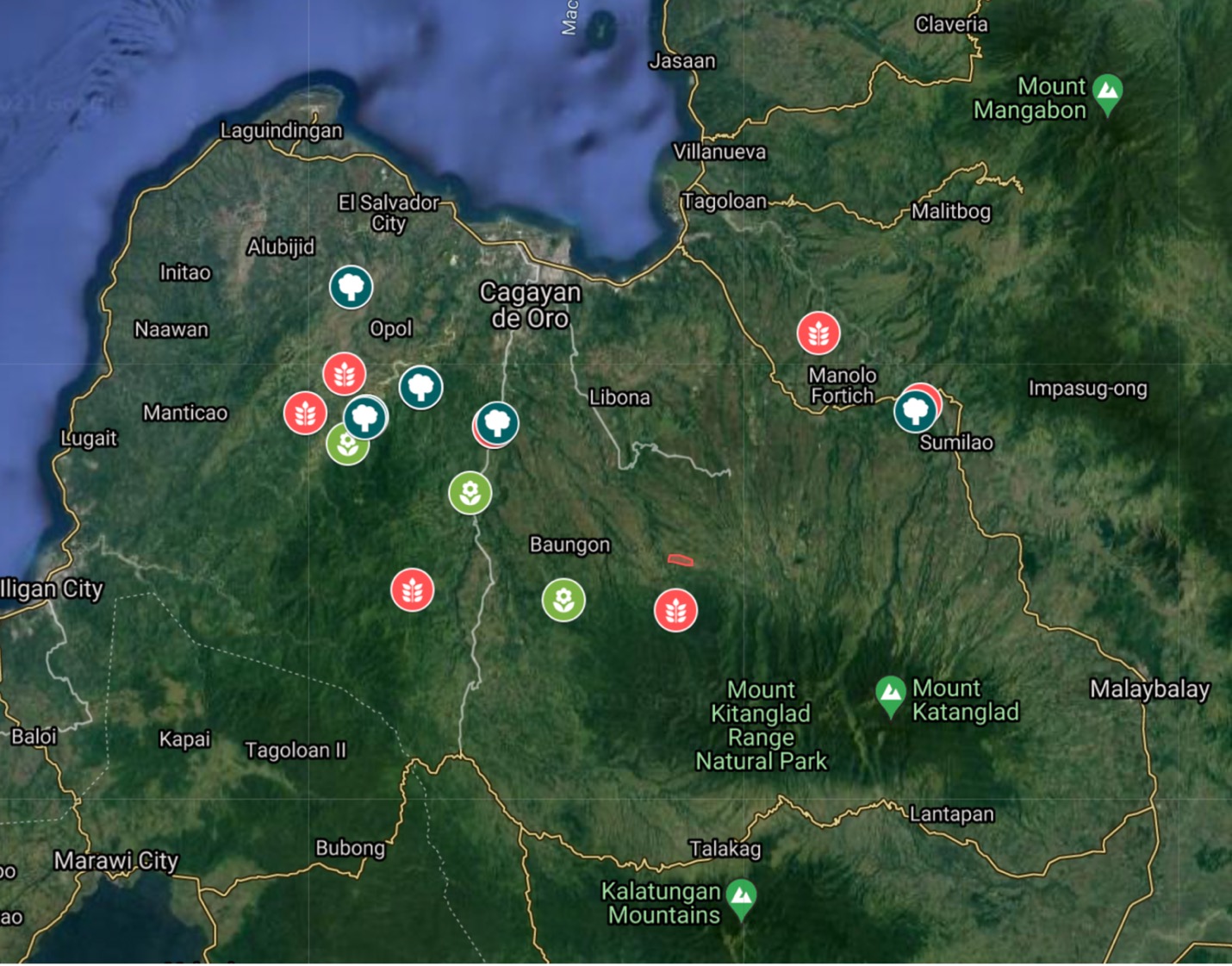World Water Day 2022 Groundwater – making the invisible, visible
Water access – right to life
Indigenous and local communities still vulnerable to natural disasters aggravated by climate change.
A month after the devastating category 5 typhoon Odette (Rai) last December 16, 2021, affected communities are focused on their recovery. Through the urgent action grant mechanism, Samdhana Institute was able to contribute to the relief and recovery efforts of community partners.
From 2-18 December 2021, the PARARA (Panen Raya Nusantara, or Archipelago Harvest) Festival represented a consortium of 30 non-government organizations (NGOs) assisted by business groups and more than 105 Indigenous Peoples and Local Communities (IPLC) from all over Indonesia. These participants showcased local food traditions, along with a range of creative products, handicrafts and non-timber forest products (NTFPs).
From 19-21 November 2021, the Samdhana Institute hosted the latest in a series of Menoken events, entitled Regional Youth Summit, Menoken Southeast Asia 2021: A Meeting of Indigenous Youths in Indonesia and the Philippines. Hosted simultaneously in two Southeast Asian countries, namely Indonesia and the Philippines, the summit provided an opportunity for indigenous youths in both countries to reconnect relationships that had been disrupted by the Covid-19 pandemic.
“When I went to the Reforestation Field School, I immediately knew this school was the school I had always wanted to attend. I wanted to go to a school where I could be outdoors; I wanted to study directly in the field and get practical experience, not just read books and theoretical materials in the classroom.At the reforestation field school, we study the material, then immediately put it into practice in the field. I find that really stimulating”. Adam|Student of Sekolah Lapang Reforestasi Jurusan Budi Daya Kopi
In East Nusa Tenggara (NTT), youth groups are eager to learn and contribute to their communities’ future. Despite limitations caused by Covid-19, Samdhana Institute was able to support the Association of Child Rights Activists (Perkumpulan Aktivis Peduli Hak Anak - PAPHA) in Sikka Regency, where young people are encouraged to learn about climate change and what they can do to mitigate and lessen its local impact.
#GenerationRestoration
#nurturingGeneration
#findingresilience
We are delighted to announce the release of Samdhana Institute 2020 Annual report. The year of 2020 was a year that tested us beyond measure. The Covid-19, had a severe impact on all aspects of society, including our operations and many things have shifted and adjusted for us to continue support our community and partners.
In Laos, the Green Community Volunteers (GCV) set out to build an earth brick house, to be the abode of learning for children, women and elders alike. The bricks are made from raw earth found in the village, mixed with husk and water. Mixed mud is used to hold together the bricks to form the structure. The practice of making an earth house is not very common anymore. The earth house in the village of Phonsavanh was built by community members volunteering, many of them are from the ethnic groups, such as Khmu, Hmong and Lao Loom.
The COVID-19 pandemic did not deter Higaonon and Bukidnon communities in Northern Mindanao in sustaining community conservation.
The map below indicates the location of the indigenous tree nursery, women community gardens and tree-planting activities that were spurred on in the ICON Project (Indigenous Governance at the Forefront of Conservation Project, supported by Forest Foundation Philippines).
